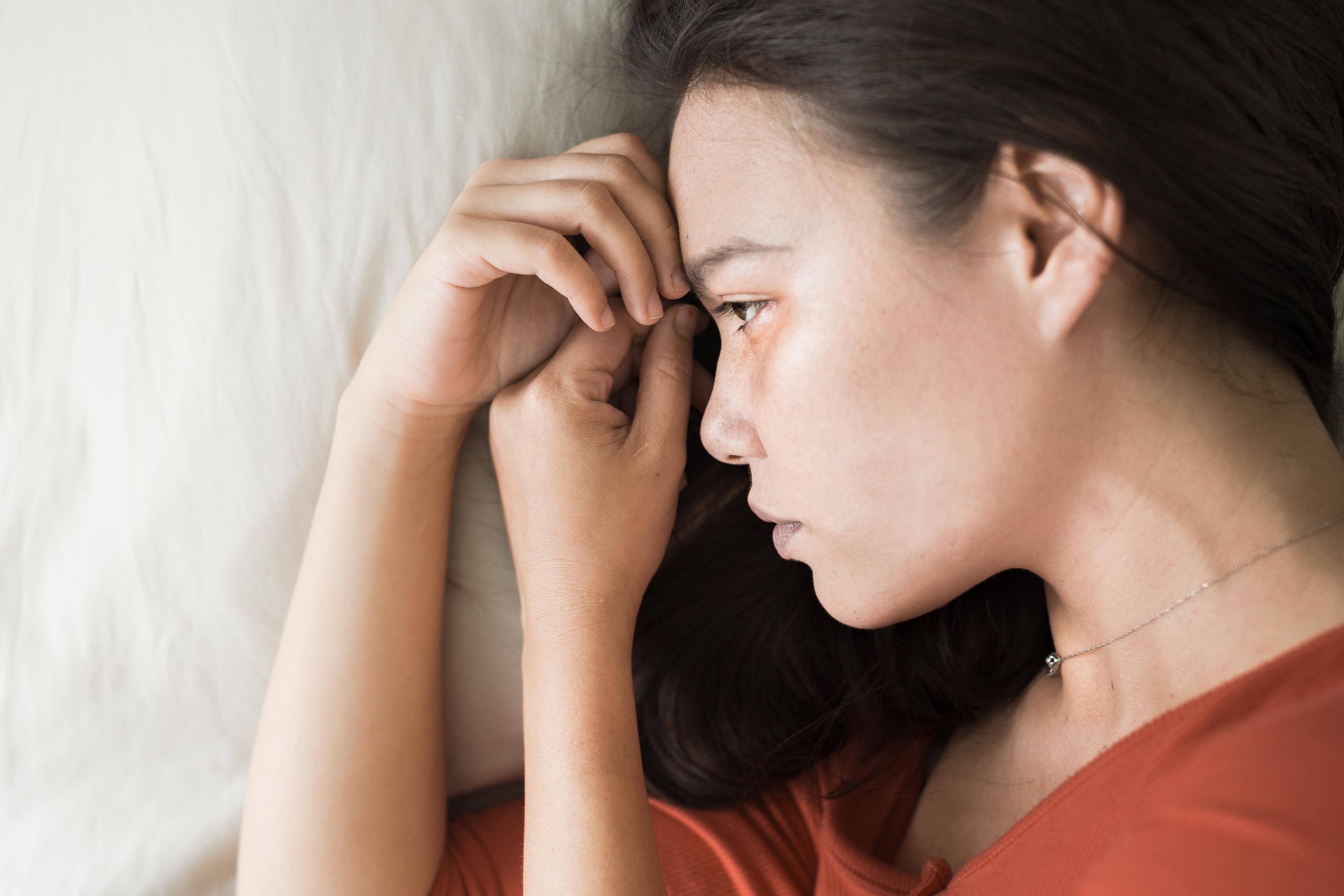The Long-Term Consequences of Sleep Disruption

Dr. Gina Lynem-Walker
| 3 min read
Dr. Gina Lynem-Walker, MD, is a quality medical dire...

An estimated 35% of American adults fail to get the clinically recommended seven to nine hours of sleep per night. Good sleep can strengthen the immune system, reduce stress, improve an individual’s mood and lead to better production at school and work. Conversely, people who suffer from sleep loss and sleep disruption can develop serious medical issues that affect the body and mind. Sleep disturbances – which include sleep problems and diagnosed sleeping disorders like insomnia, narcolepsy, restless leg syndrome and sleep apnea – tend to have bidirectional relationships with health risks. This means that poor sleep can lead to the development of health problems and health problems can make a person more susceptible to sleep issues.
Long-term risks
Prolonged sleep disruption can put an individual at risk for the following health issues:
- Anxiety and depression: Sleep disruptions can affect the body’s stress system, disrupting circadian rhythms and increasing vulnerability for depression.
- Diabetes: Repeated awakenings during the night, insufficient sleep, excessive sleep, and irregular sleep all promote glucose intolerance, which is a precursor to diabetes. High blood sugar can disrupt sleep by leading to frequent urination overnight, as the kidneys must work harder to filter out the excess glucose.
- Heart problems: A consistent lack of sleep increases the likelihood of developing a stroke and other cardiovascular disorders. Sleep deprivation increases blood pressure, which is the most significant risk factor for strokes.
- Obesity and weight gain: Sleep loss creates a hormone imbalance in the body that can spur overeating and weight gain. The production of the leptin and ghrelin hormones are altered when a person doesn’t get enough sleep, increasing food cravings and sometimes slowing metabolism.
Other long-term health issues from a lack of sleep could include:
- Faulty brain function, including problems with balance, motor skills and reflexes
- Immune system deficiency
- Memory loss
- Reduced sexual health and fertility
Correcting sleep problems
Poor sleep can be connected to numerous internal and external issues. It is imperative that individuals experiencing poor sleep consult a doctor to diagnose the cause of the issue. Environmental factors that impede sleep can usually be corrected at home. They include:
- Alcohol: Heavy alcohol consumption can lead to obstructive sleep apnea, even in people who do not have the condition. Experts advise to stop drinking at least four hours before going to sleep. Though some individuals may try to use alcohol as a sleep aid, it results in a poorer quality nights’ sleep.
- Eating and drinking before bed: Late-night eating can negatively impact digestion and delay the ability to fall asleep. It is recommended to stop eating and snacking three hours before bed.
- Electronic disturbances: All blue light emitting electronic devices should be turned off 30 to 60 minutes before bed.
- Noise: A partner’s snoring or noise from another room can disturb sleep. Sound machines and other sources of white noise can help block unwanted noise.
- Room comfort: A comfortable mattress and bedding can help a person struggling with sleep issues, as can adjusting the amount of light let into a room and room temperature. Most sleep experts consider a cooler temperature between 60° and 70° F optimal for sleeping.
Daylight saving
Every year, when daylight saving time arrives, some individuals may experience sleep deprivation and fatigue for days, and even weeks after the change. Try circumventing this issue by going to bed 20 to 30 minutes earlier than normal several days before daylight saving time begins to prepare the body and mind. Individuals can also try taking a short, 15 to 20-minute nap in the early afternoon on the Sunday after the change. Gina Lynem-Walker, M.D., is an associate medical director at Blue Cross Blue Shield of Michigan. For more health tips, visit AHealthierMichigan.org. More from MIBluesPerspectives:
- Impact of the Pandemic on Child Abuse and Neglect
- Do Mindfulness Apps Really Work?
- Melatonin Overuse on the Rise
Photo credit: Getty Images





